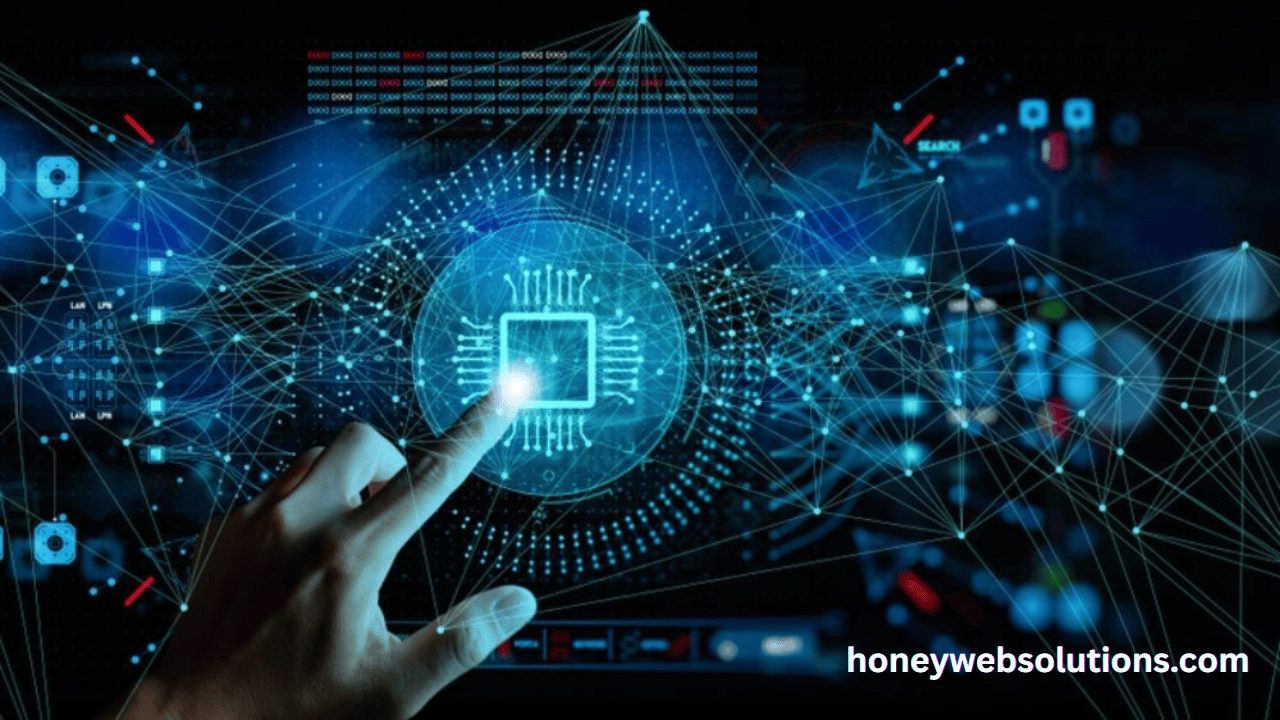

In today’s world, where the digital revolution accelerates by the second, technology is not just a tool — it’s a lifestyle. Take, for instance, the Bettilt App, which offers users non-stop access to sports events and online entertainment anytime, anywhere. And if cricket’s your thing, ipl-bet.in delivers fresh match insights and betting odds during the IPL season. But technology doesn’t stop at fun — it’s about transformation on a global scale.
Table of Contents
Smartphones today are far beyond mere calling devices. They’ve become personal assistants, fitness coaches, banks, cameras, and even remote offices. Thanks to a wide range of apps, users can plan, pay, learn, and entertain themselves without switching devices — all from the palm of their hands.
AI is no longer sci-fi. It’s diagnosing illnesses, managing smart cities, and composing music. Machine learning enables systems to predict trends, improve logistics, and even personalize your Netflix queue. What was once futuristic is now part of daily life.
From smart thermostats to intelligent fridges and even toothbrushes — the Internet of Things (IoT) connects everyday objects, enabling them to share data and enhance our comfort and control. IoT is changing how we live, work, and manage our homes.
Online platforms like Coursera, Udemy, and Ukraine’s Prometheus provide access to the best educators around the globe. Augmented Reality (AR) and Virtual Reality (VR) allow students to travel through time and space, making learning more interactive and immersive.
Businesses are migrating to digital platforms, utilizing cloud storage, big data, and AI to make better decisions. E-commerce, freelancing, dropshipping, and even NFTs are redefining how people earn and invest. The future is mobile, data-driven, and borderless.
Smart grids help manage and optimize the use of renewable sources like solar and wind energy. With real-time monitoring, communities can reduce waste and maximize clean power usage.
The concept of Smart Cities integrates digital solutions into urban infrastructure — traffic control systems, air quality sensors, and intelligent waste collection — making cities safer, cleaner, and more efficient.
With all the perks, technology brings its share of risks:
It’s crucial to remember: technology should serve us — not the other way around. Regular digital detoxes, real-life conversations, and mindful use of devices can lead to a healthier, more fulfilling life. Balance is the new luxury.
Technology, at its core, is neither good nor bad — it’s a reflection of how we choose to use it. Whether it empowers communities through education, improves health outcomes, or simply entertains us during daily commutes, its value lies in purposeful application. As we stand at the crossroads of innovation and responsibility, it’s essential to ensure that digital progress aligns with human values. We must prioritize ethics, sustainability, and accessibility, so that no one is left behind in this fast-paced evolution. The future isn’t written in code — it’s shaped by people. So let’s use technology not just to build smarter machines, but to create a kinder, more connected world.
Are you wondering how to streamline your study plan effectively? Do you feel overwhelmed by… Read More
When your business runs paid ads across multiple platforms—Google, Meta, LinkedIn, and the rest—it’s easy… Read More
Among many students, are you also dreaming of studying in your favorite destination, America? Many… Read More
The last few years have caused a dramatic shift in the procurement landscape as organizations… Read More
Creating an attractive, professional website doesn't have to break the bank. With strategic use of… Read More
In today's rapidly evolving digital landscape, businesses must adapt to remain competitive. Digital transformation consulting… Read More